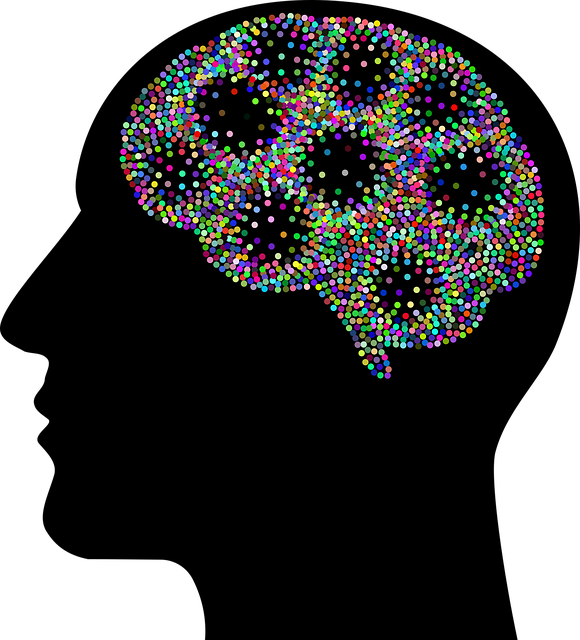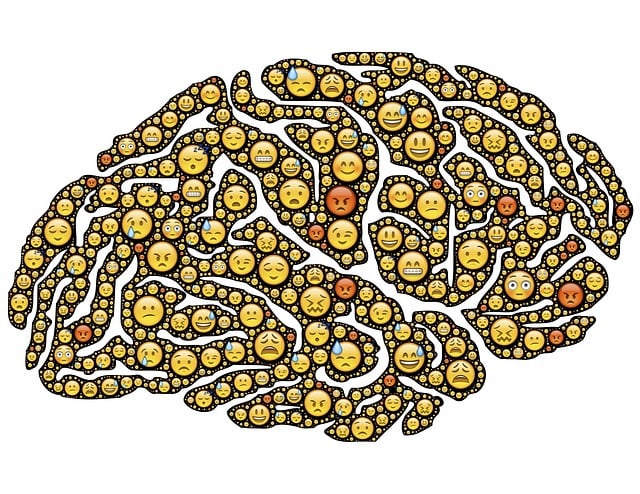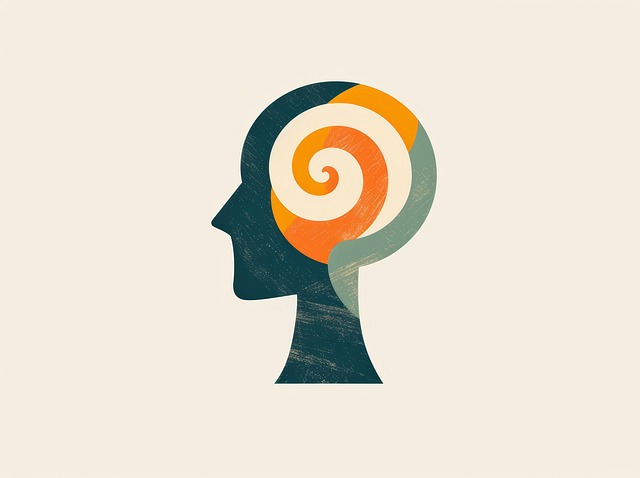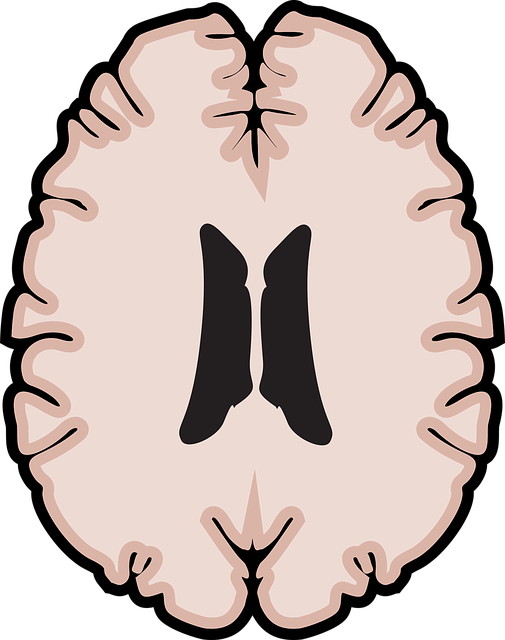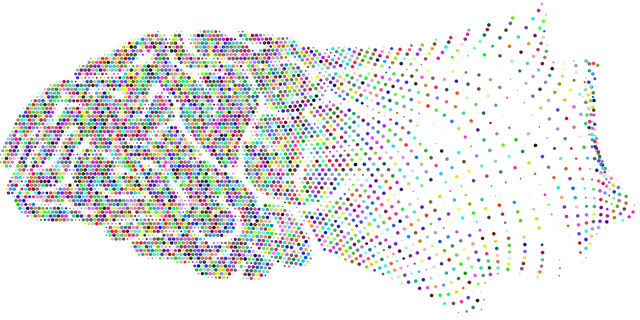Mental wellness self-assessment tools, enriched by cultural sensitivity and spiritual dimensions, empower individuals in Lakewood to take charge of their mental health. These assessments, combined with professional guidance from Lakewood Spiritual-Religious Issues Therapy experts, uncover hidden issues and facilitate accurate self-reflection for effective coping skills development. By integrating spiritual aspects into therapy practices, these tools create holistic interventions that cater to diverse populations, enhancing the effectiveness of mental health services while bridging cultural gaps. Regular user feedback guides continuous tool improvements, ensuring relevance and satisfaction in addressing evolving mental wellness needs within Lakewood communities.
Mental wellness self-assessment tools play a crucial role in personal growth and therapeutic journeys. This article explores the development of such tools, focusing on integrating spiritual and religious dimensions often overlooked in traditional therapy. We delve into the process from conceptualization to implementation, highlighting best practices for effectiveness. By examining user feedback and continuous improvement strategies, we aim to enhance these resources, especially tailored to address Lakewood Spiritual-Religious Issues Therapy needs.
- Understanding Mental Wellness Self-Assessment Tools
- Integrating Spiritual and Religious Dimensions in Therapy
- Development Process: From Concept to Implementation
- Evaluating Effectiveness and User Feedback for Continuous Improvement
Understanding Mental Wellness Self-Assessment Tools

Mental wellness self-assessment tools are designed to help individuals gain a deeper understanding of their mental health status and identify areas for improvement. These tools offer a personalized approach to mental healthcare, allowing people to proactively manage their well-being. By assessing factors like emotional state, thought patterns, and coping mechanisms, these assessments can reveal insights that may not be immediately apparent during traditional therapy sessions. This proactive method is particularly beneficial in addressing latent issues, especially when coupled with the expertise of Lakewood Spiritual-Religious Issues Therapy professionals.
Cultural sensitivity in mental healthcare practice plays a crucial role in developing effective self-assessment tools. Considering diverse cultural contexts and belief systems ensures that these assessments are inclusive and relevant to all users. Incorporating this aspect into mental health education programs design can enhance the tool’s ability to cater to various populations, fostering accurate self-reflection and coping skills development.
Integrating Spiritual and Religious Dimensions in Therapy

In the realm of mental wellness self-assessment tools development, integrating spiritual and religious dimensions in therapy is a game-changer, particularly for communities like Lakewood where spiritual-religious issues are prevalent. This inclusive approach recognizes that emotional regulation and well-being are deeply intertwined with one’s faith and beliefs, which can significantly influence an individual’s mental health journey. By incorporating these aspects into therapeutic practices, mental health professionals can create more holistic and culturally sensitive interventions.
For instance, risk management planning for mental health professionals in Lakewood should account for the spiritual needs of clients. Public awareness campaigns development centered around promoting mental wellness must also consider the role of religious communities in fostering open conversations about mental health. This comprehensive integration not only enhances the effectiveness of therapy but also builds bridges between mental health services and the diverse spiritual landscape of communities like Lakewood, ensuring that everyone receives support tailored to their unique needs.
Development Process: From Concept to Implementation

The development of a self-assessment tool for mental wellness is a meticulous process that requires careful planning and execution. It begins with identifying specific areas of mental health and well-being that individuals seek to evaluate, such as stress management, emotional resilience, or symptoms of common mental illnesses. This stage involves extensive research, consultation with experts in psychology and psychiatry, and a thorough review of existing literature on relevant topics.
Once the scope is defined, the next step is designing an intuitive and user-friendly interface that encourages honest self-reflection. The content should be evidence-based, ensuring accuracy and reliability. Incorporating features like interactive questionnaires, reflective prompts, and personalized feedback mechanisms can enhance engagement and provide valuable insights. For instance, a mental wellness journal section with guidance on effective journaling exercises could offer users an opportunity for introspection and progress tracking. Similarly, implementing risk management planning strategies, as relevant to Lakewood Spiritual-Religious Issues Therapy, ensures that the tool is comprehensive while adhering to professional standards in mental health support.
Evaluating Effectiveness and User Feedback for Continuous Improvement

Regularly evaluating the effectiveness of self-assessment tools is vital for continuous improvement and ensuring they remain relevant and beneficial. User feedback plays a crucial role in this process, offering insights into the tool’s usability, accessibility, and overall impact on mental wellness. By collecting and analyzing user experiences, developers can identify areas where enhancements are needed. This may involve refining questions to better capture specific aspects of mental health, improving the interface for easier navigation, or integrating new features based on popular requests.
For instance, a study conducted among individuals seeking Lakewood Spiritual-Religious Issues therapy revealed that incorporating Mindfulness Meditation practices into the self-assessment improved user engagement and satisfaction. Similarly, feedback from the Mental Wellness Podcast Series production team highlighted the importance of including Empathy Building Strategies, leading to a more holistic assessment. Such findings underscore the dynamic nature of mental wellness tools and the need for regular updates to cater to evolving needs and preferences.
Mental wellness self-assessment tools play a pivotal role in personal growth, especially when addressing spiritual and religious dimensions. By integrating these aspects, as seen in Lakewood Spiritual-Religious Issues Therapy, professionals can offer comprehensive care. The development process involves careful conception, implementation, and continuous improvement based on user feedback and effectiveness evaluation. This iterative approach ensures that tools remain relevant and beneficial for those seeking to enhance their mental wellness journey.

